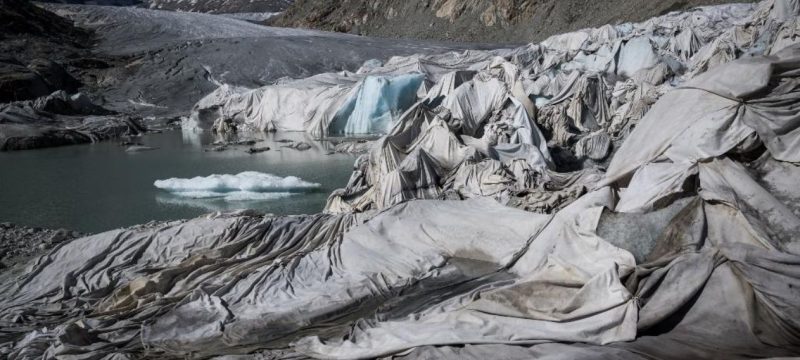Sweden has lost eight glaciers in 2024, with experts warning that global warming is reshaping the country’s fragile Arctic landscape. The disappearance of these glaciers highlights the severe impact of climate change in northern Europe.
The Tarfala Research Station in northern Sweden confirmed the losses this week. Out of the country’s 277 glaciers, eight have now melted completely and are considered extinct. According to glaciology professor Nina Kirchner, the vanished glaciers will not return within our lifetime if current warming trends continue.
Kirchner further warned that another 30 glaciers across Sweden are at risk of disappearing soon. Scientists say the situation reflects a wider global pattern, where ice loss is accelerating due to rising temperatures.
The loss of glaciers is not only symbolic but also environmental. Melting glaciers can disrupt ecosystems, alter water supplies, and raise sea levels. In Sweden’s case, the rapid retreat of glaciers is seen as one of the clearest signs of the climate crisis reaching critical levels.
Environmental activists argue that urgent steps are needed to slow the warming trend. They stress that reducing emissions, investing in renewable energy, and global cooperation are vital to prevent further losses.
The Swedish case mirrors similar warnings worldwide. Across Europe and beyond, glaciers have shrunk at alarming rates in the past decade. The scientific community has consistently urged governments to take stronger action before irreversible damage is done.
Observers say that public awareness is rising, but challenges remain. Climate fatigue, economic concerns, and political divisions often delay meaningful progress. Still, experts believe that highlighting visible impacts—such as Sweden’s glacier loss—can motivate stronger action.
This sense of urgency reflects how societies respond to crises in other areas as well. Recent union-led demonstrations in Italy, where dockworkers in Genoa protested against Israel’s actions in Gaza, showed how collective action can pressure leaders to act (Italian Unions Strike as Genoa Dockers Protest Israel’s Gaza War). In a similar way, climate activists argue that strong grassroots movements are necessary to push governments toward meaningful climate reforms.
For Sweden, the loss of eight glaciers in a single year marks a historic moment. It serves as a stark reminder that climate change is no longer a distant threat but a present reality. Without urgent measures, experts fear that many more glaciers could vanish, reshaping Sweden’s natural landscape forever.







